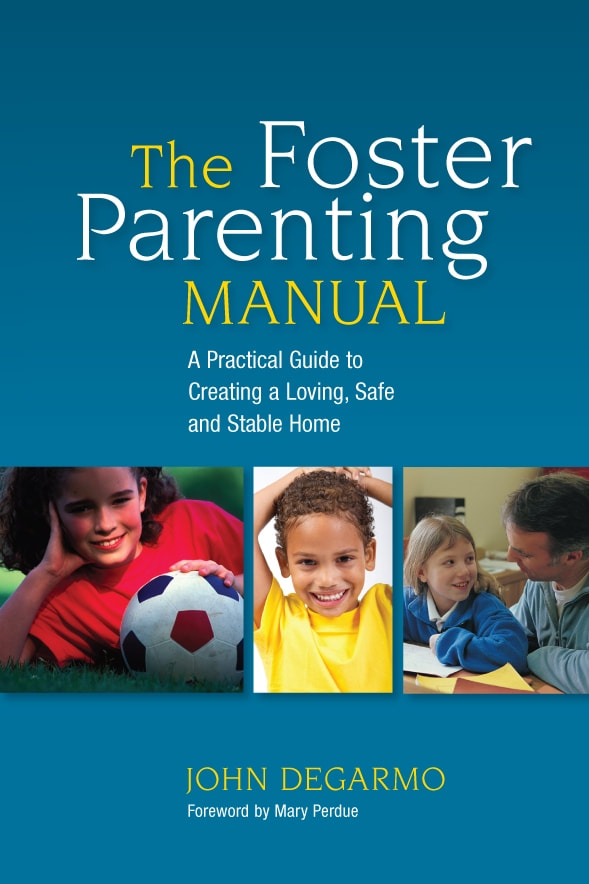
The line between what foster parents can and cannot do can be cloudy or confusing at times. Several states have a Foster Parent Bill of Rights, and there are similarities across some of these. Most states do not have a bill of rights. Nevertheless, it is important and even essential that foster parents understand the rights they have, as it will better empower and prepare them to not only care for the children in their home and be an advocate for them, but also to protect themselves as a caregiver.
To begin with, there are universal rights that every foster parent has. Perhaps the first one is to be treated with dignity and respect as an important member of the professional welfare team for the child placed in your home. Foster parents also have the universal right to access proper training before becoming licensed foster parents, as well as access ongoing training. Along with this, foster parents also have the right to ongoing support from their agency during their foster parenting term. When a decision is made that affects the placement of a child in a home, foster parents also have the universal right of being informed in this regard. Foster parents also have the right to refuse to accept a certain child into their home without any form of reprisal for their decision.
Join the thousands who receive Dr. DeGarmo’s FREE foster care newsletter. Simply fill out the form below.
Financial reimbursement and per diem payment in a timely and adequate fashion is also a right of a foster parent, in accordance with the state and agency’s policies. When it comes to visitations between the child, his biological parents and members of his birth family, foster parents have the right to assist in planning these visitations. In addition, foster parents have the right to communicate with caseworkers, doctors, teachers, counselors, therapists and other professionals who are working with the child in some capacity. In regard to adoption, foster parents do have a right to priority consideration if and when a child in their home might be available for adoption.
The right does exist for foster parents to have full disclosure when a child joins their family. This full disclosure allows foster families to receive all information necessary in order to provide the appropriate care and supervision of the child within the home and family.
One right that can benefit others is the right of establishing a positive and healthy relationship, when possible, with the child’s birth parents and biological family members. There is also the right for foster parents to request help, resources and support when needed. Along with this, foster parents have the right to join a support group or association.
Become a Special Member of The Foster Care Institute-Amazing Benefits!
Foster parents have the right to document all activity and behavior of the child in their home. In truth, documentation helps protect the foster family. In addition to this, foster parents also have the right to document the actions of anyone who is involved with the child while in the home. Throughout a child’s time with a foster parent’s family, the foster parent may want to create written records, a journal or some sort of documentation. This will help them keep an accurate account of the child's experience in their home. It is important that the foster parent’s writing is done in a manner that is observational, descriptive, non-biased and does not include opinions. If the foster parent wishes to document their own opinions and feelings, they might wish to start a personal journal.
Relative to biological parents, foster parents are more than twice as likely to be the subject of a child maltreatment investigation. Though most allegations of abuse and neglect by foster parents are found to be untrue or unsubstantiated, these allegations are made nonetheless. These false accusations may stem from a variety of reasons. Foster children who have come from environments of abuse and neglect may not recognize that their new home and environment is a safe and stable one. The abuse and neglect they felt may be all that they know, and they may simply make an allegation unknowingly or unwillingly due to past experiences. Other foster children, coming from the same type of environment, may make an allegation against a foster parent in the hope of leaving that home and returning to their biological family, or make an allegation as an attempt at distancing themselves emotionally from a foster parent, setting up an emotional barrier or wall between themselves and foster families. Some may make an accusation in an attempt at gaining revenge on either the foster family or the biological family.
When an allegation or accusation is made, foster parents have the right to a fair and timely investigation and adjudication process of the accusation against them. In addition, foster parents have the right to be heard in court. Along with this, foster parents also have the right to a forum to lodge their own complaints, if they so wish.
Yes, foster parenting is hard work. It may just be the hardest work you ever do. You will often find yourself mentally and physically exhausted, feeling drained. There is very little money available to help you, and you will not be reimbursed for all the money you spend on the child. You will probably feel overworked. Yet, the rewards of being a foster parent can be endless, with joys each day. When you are aware of the rights you have as a foster parent, it may help to make this lifestyle perhaps just a little less stressful.
-Dr. John
Want to learn MORE? Order your signed copy of the best selling book The Foster Parenting Manual: A Practical Guide to Creating a Loving, Safe, and Stable Home. Order your special copy HERE.



 RSS Feed
RSS Feed